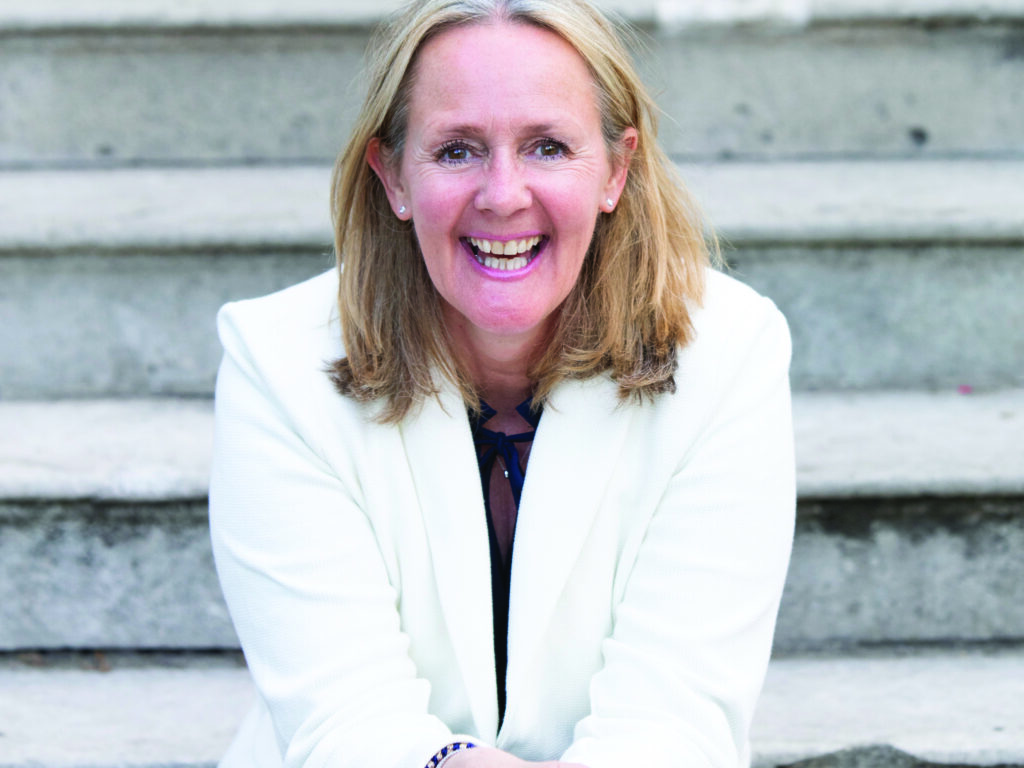Mrs Claire Fildes, Headmistress of Eaton House The Manor Girl’s School
Posted: 11th August 2023

In October 2020, The World Economic Forum published the top 25 skills needed globally by the year 2025. These included resilience, flexibility, critical thinking and creativity.
According to the Education Commission, half of the world’s jobs – around two billion – are expected to disappear due to automation by 2030. Already some 40% of employers globally are finding it difficult to recruit people with the skills they need. The commission estimates that by 2030, more than 50% of the world’s young people will not have the skills necessary to enter into the emerging global workplace.
Education is evolving. As educators, we must focus on helping pupils to develop the necessary skills that will determine the success of our children. It is for this reason that we must focus on teaching not only academics, but also soft skills, to enable our children to thrive in the world.
‘Education is evolving. We must focus on helping pupils develop soft skills’
Exam results, league tables and university acceptance percentages, are all pressures that schools have to contend with to demonstrate their success. But children’s time in school should be much more than percentages and the process of working towards a final test. We must provide more than exam factories. We need to promote the key skills, the character traits – both interpersonal and cognitive – to help create well-rounded individuals, ready for their journey through life. We need to provide a broader curriculum, as we know that young people who have a well-rounded education, based on both academic and soft skills, are more likely to thrive.
In prep schools, from the moment children enter the EYFS setting, these soft skills are already being developed. Initially through play and then more explicitly through lessons, assemblies and extra-curricular activities. It is about adopting a holistic approach, one which nurtures confidence, communication skills and self-reflection.
It is our job as educators to teach lifelong skills and to prepare children for their futures – futures in roles which may not even yet exist. The development of knowledge is not enough, it must go hand-in-hand with the development of soft skills. The character learning is just as important as the knowledge. Surely, to be able to communicate and articulate your knowledge and ideas is just as important as the knowledge that you hold.
The World Health Organisation reported that soft skills should be a priority for the promotion of mental health, and this has never been more important than it is today. The post-pandemic picture remains complex and uncertain, so we must help children to learn life skills so that they are fully equipped to deal with the challenges they will encounter throughout their lives.
The teaching of soft skills is firmly embedded within Eaton House Schools’ curriculums. It provides children with hands-on learning, a chance to solve problems for themselves, to think critically, to take risks, to make mistakes and experience failure. We encourage every child to be persistent, resilient in their learning, and to be confident to tackle whatever is thrown at them.
When we consider our school curriculum and what is important for our children, we cannot help but reflect on traditions and consider what has been in place in the education systems of the past. However, as leaders we must be brave, we must be bold and we must be forward thinking. If we truly want to provide the best for our pupils, we must develop the soft skills alongside the academic, and in doing so, fully equip them for life. Individual facts and figures may not always be remembered, but the soft skills will remain for life. After all, as Albert Einstein said: “Education is what remains after one has forgotten what one has learnt in school.”
(First published in the Column 2022)